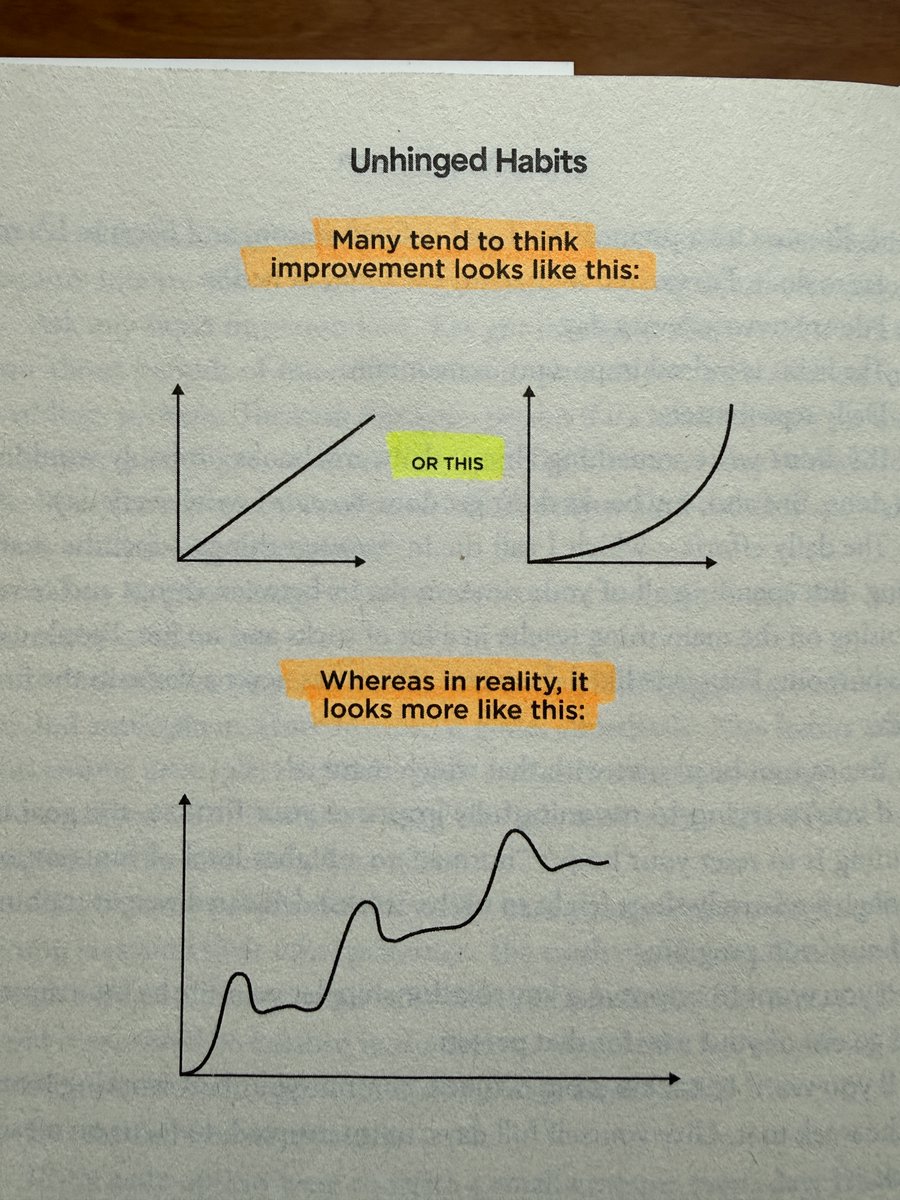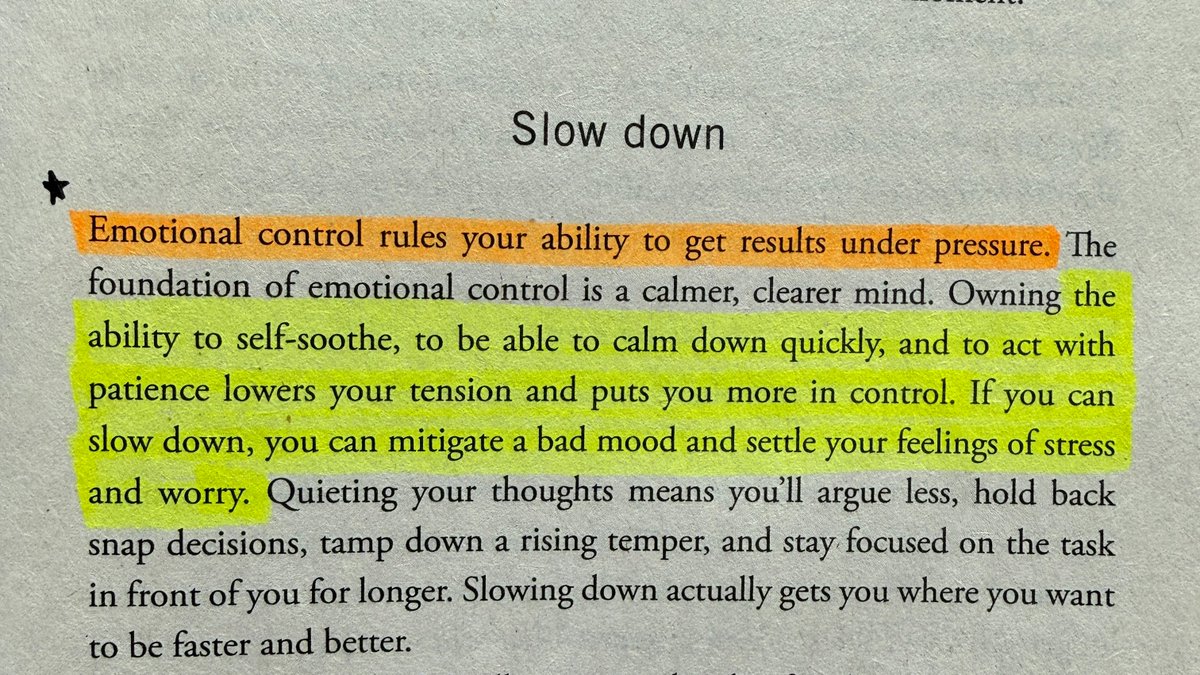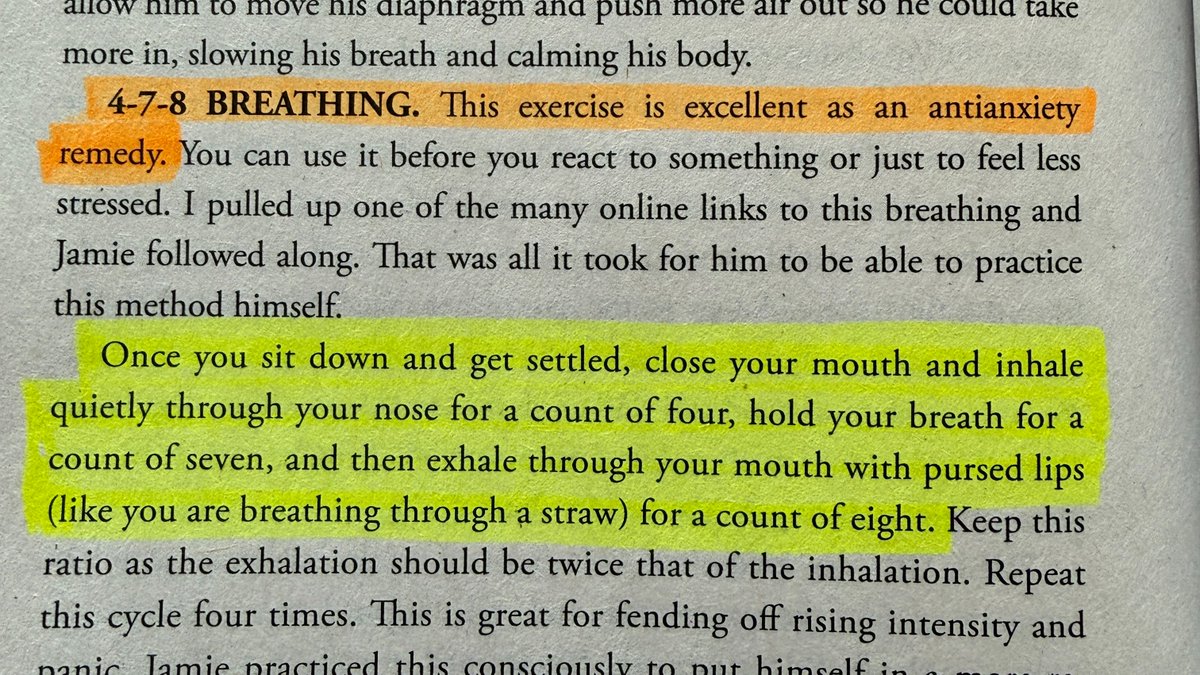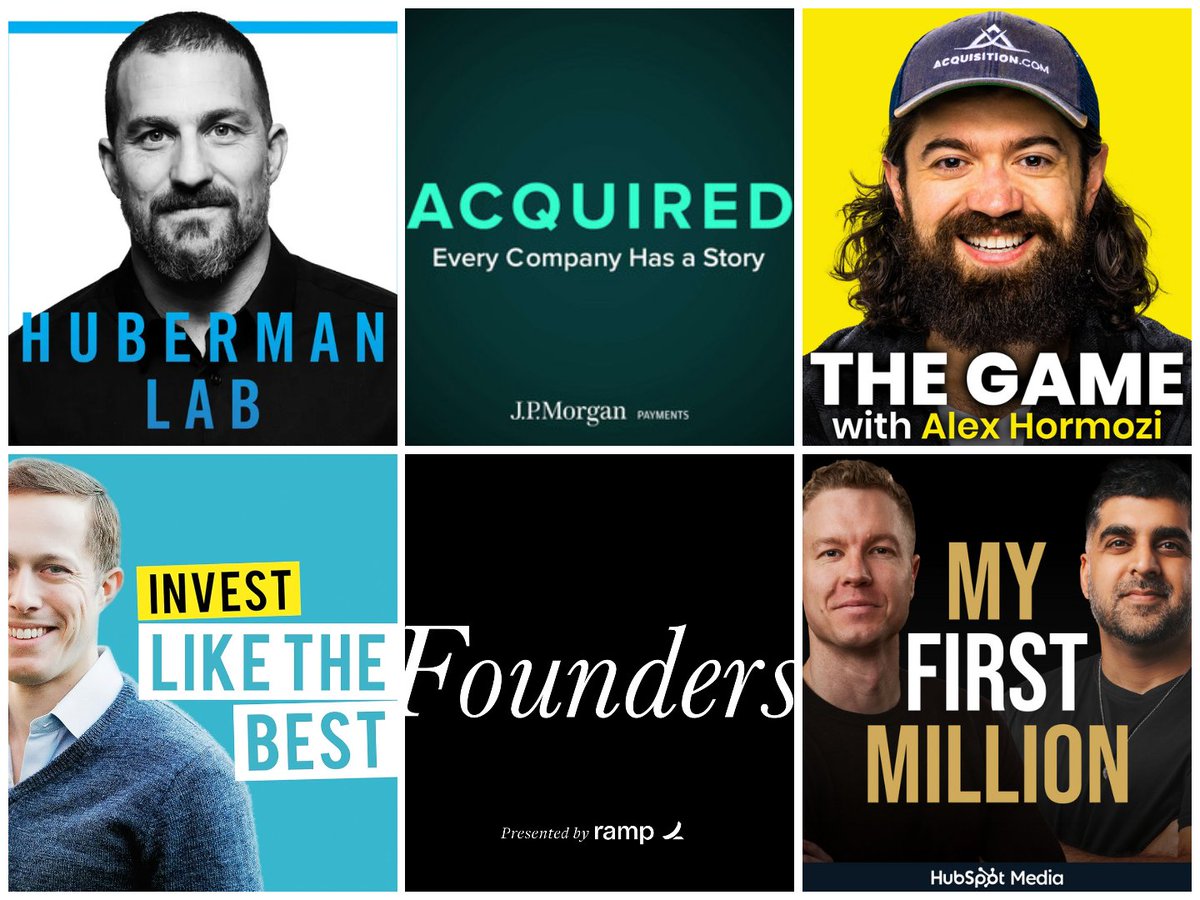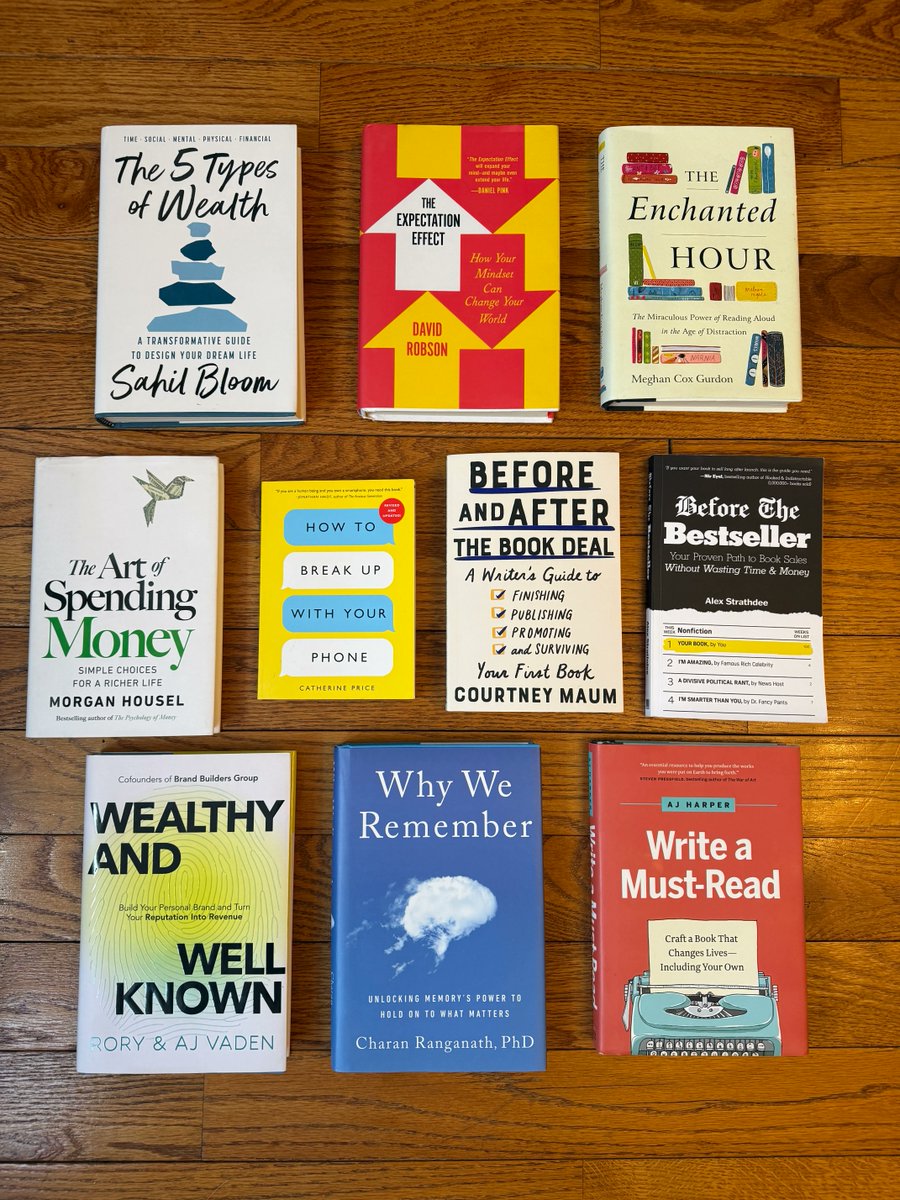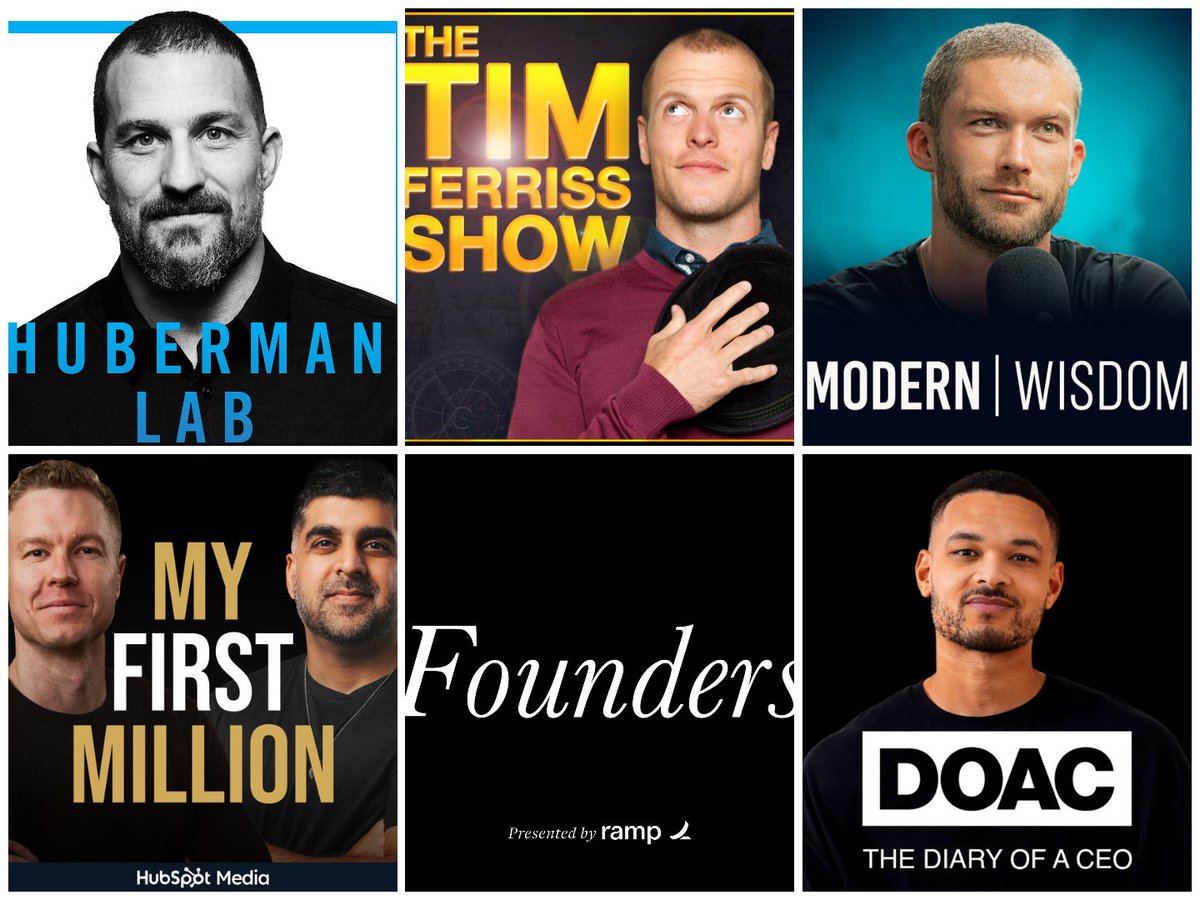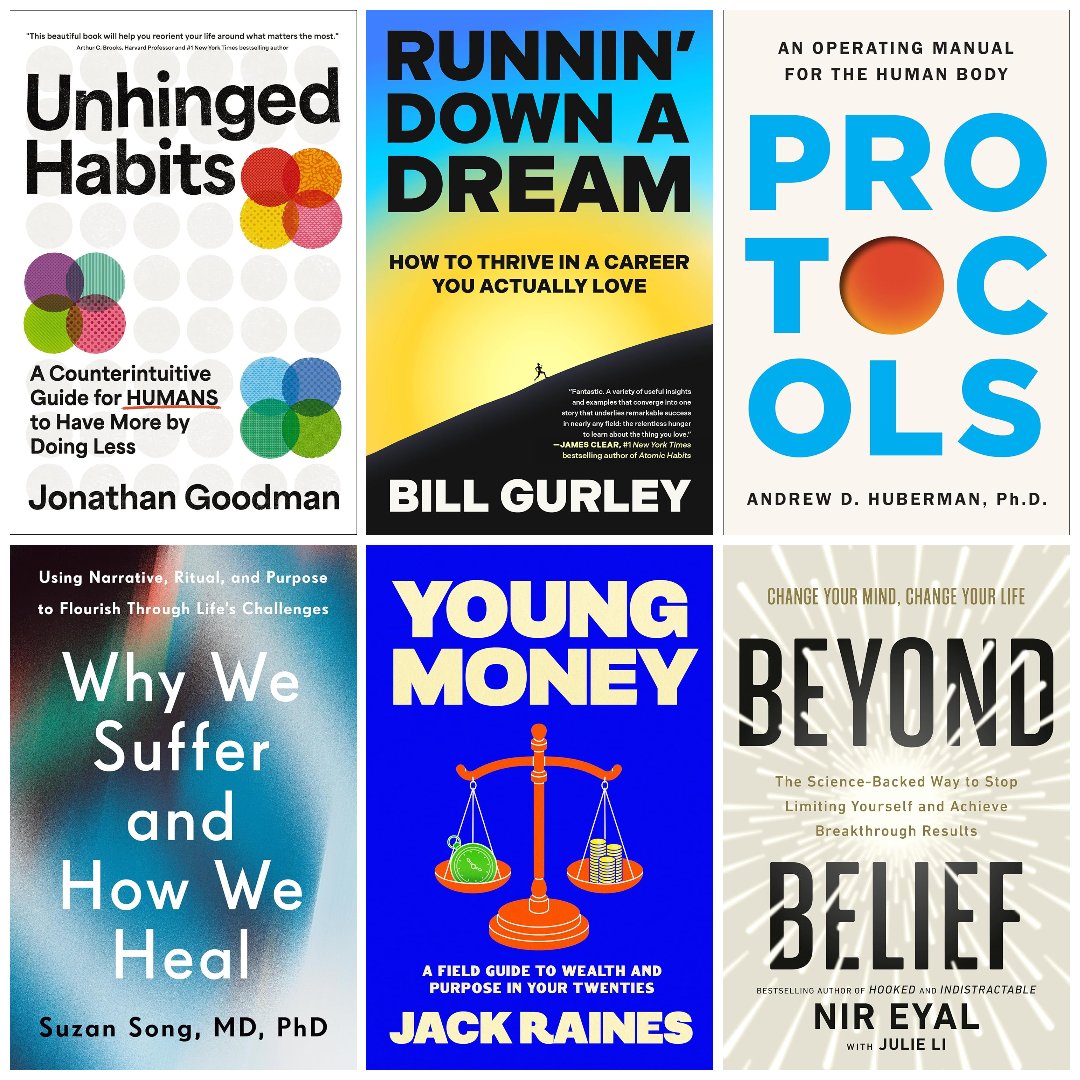Shreyas Doshi is one of the most respected product managers and startup advisors on X.
He's worked at Stripe, Twitter, Yahoo, and Google.
Here are 18 reading tips from @shreyas:
1) Nothing in the world can match the ROI of a great book.
2) You don’t need to finish every book you start. Develop the skill of not finishing okay books and bad books. Spend most of your time with great books.
3) A secret for super-learning: Buy many books, start most of them, but finish just a small fraction of them.
4) Don’t turn book reading into a status game.
5) The main function of a book is to act as training data for the LLM inside of you.
6) This also means that you haven’t actually done a great job with reading a book if you can merely regurgitate facts from that book.
Regurgitating facts will seem impressive to others, sure. It will make you sound smarter in meetings.
But your main job is to augment your LLM with the implicit principles & ideas from the book, not to statically store facts from the book in certain memory locations in your brain.
7) Books don’t come with a user manual for a reason. You can use them however you like. There are no rules that must be followed.
8) Books need not be read sequentially.
9) Most people read books. But books have 2 purposes: they are meant to be read AND they are meant to be used.
10) A good book should be read once, but used multiple times.
11) When reading a book the first time, you’re doing two distinct jobs: learning from it and making it more user-friendly for the future-you.
12) Shed the habit of keeping books in pristine condition. Best way to appreciate a good book is to make it look thoroughly tainted by the time you’re done reading it. With underlines, sidenotes, and dogears.
13) You can use a good book (that you’ve already read) in multiple ways:
Got 5 minutes?
Skim through your underlines on all the pages you’ve dogeared (the best stuff)
15 min?
Skim through all the underlines
60 min?
Carefully read all the underlines and remind yourself why they resonated and consider how your recent experience enriches your prior understanding of these underlines
14) Book consumption is less about having the time to read books & more about the physical setting you are in.
In some settings, it is impossible to read a book e.g., driving, walking, cleaning, etc. Might as well listen in such settings.
15) A useful policy: listen to a lot of books and then proceed to buy & read the best ones (multiple times). This is better for training your LLM.
16) Before investing time towards reading a newly published book, listen to the author’s podcast interview (almost every author does a podcast tour to promote their book), and then decide if you want to buy & read the book.
17) The types of books you choose to read reveal your true priorities better than your stated priorities.
18) When learning from a book, pay particular attention to the underlying lesson. Pay very little attention to the stories & the proof that the author deftly presents to support the lesson.
He's worked at Stripe, Twitter, Yahoo, and Google.
Here are 18 reading tips from @shreyas:
1) Nothing in the world can match the ROI of a great book.
2) You don’t need to finish every book you start. Develop the skill of not finishing okay books and bad books. Spend most of your time with great books.
3) A secret for super-learning: Buy many books, start most of them, but finish just a small fraction of them.
4) Don’t turn book reading into a status game.
5) The main function of a book is to act as training data for the LLM inside of you.
6) This also means that you haven’t actually done a great job with reading a book if you can merely regurgitate facts from that book.
Regurgitating facts will seem impressive to others, sure. It will make you sound smarter in meetings.
But your main job is to augment your LLM with the implicit principles & ideas from the book, not to statically store facts from the book in certain memory locations in your brain.
7) Books don’t come with a user manual for a reason. You can use them however you like. There are no rules that must be followed.
8) Books need not be read sequentially.
9) Most people read books. But books have 2 purposes: they are meant to be read AND they are meant to be used.
10) A good book should be read once, but used multiple times.
11) When reading a book the first time, you’re doing two distinct jobs: learning from it and making it more user-friendly for the future-you.
12) Shed the habit of keeping books in pristine condition. Best way to appreciate a good book is to make it look thoroughly tainted by the time you’re done reading it. With underlines, sidenotes, and dogears.
13) You can use a good book (that you’ve already read) in multiple ways:
Got 5 minutes?
Skim through your underlines on all the pages you’ve dogeared (the best stuff)
15 min?
Skim through all the underlines
60 min?
Carefully read all the underlines and remind yourself why they resonated and consider how your recent experience enriches your prior understanding of these underlines
14) Book consumption is less about having the time to read books & more about the physical setting you are in.
In some settings, it is impossible to read a book e.g., driving, walking, cleaning, etc. Might as well listen in such settings.
15) A useful policy: listen to a lot of books and then proceed to buy & read the best ones (multiple times). This is better for training your LLM.
16) Before investing time towards reading a newly published book, listen to the author’s podcast interview (almost every author does a podcast tour to promote their book), and then decide if you want to buy & read the book.
17) The types of books you choose to read reveal your true priorities better than your stated priorities.
18) When learning from a book, pay particular attention to the underlying lesson. Pay very little attention to the stories & the proof that the author deftly presents to support the lesson.

• • •
Missing some Tweet in this thread? You can try to
force a refresh



